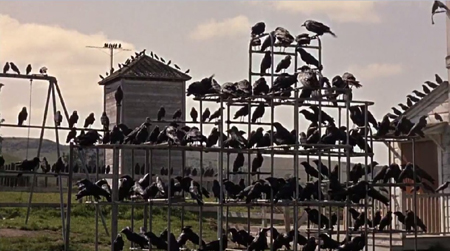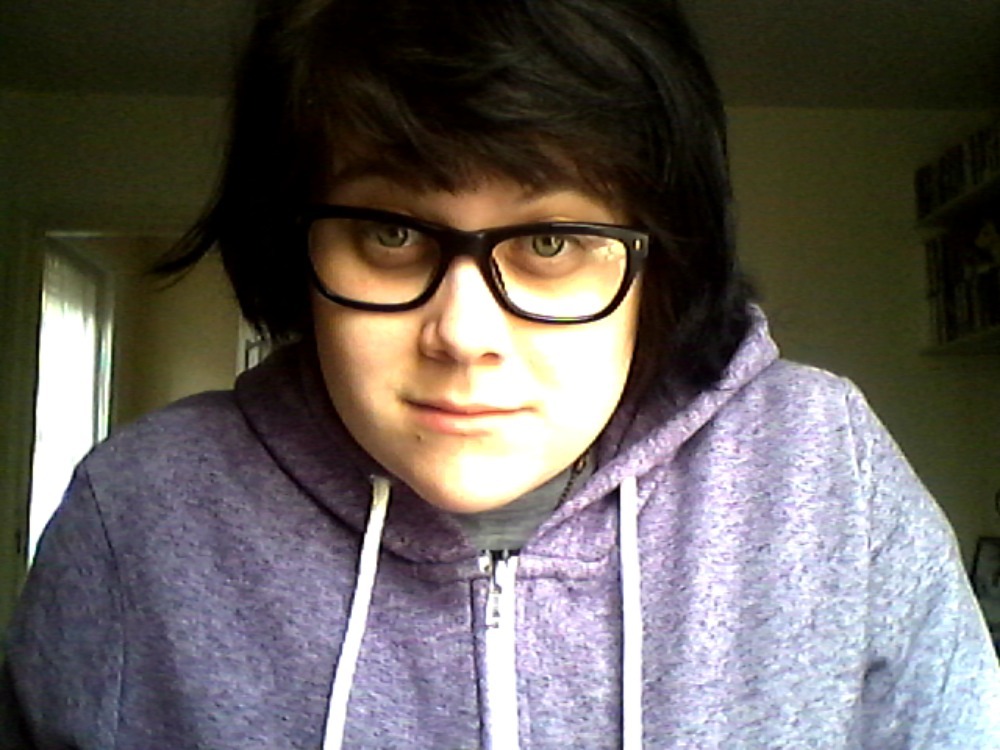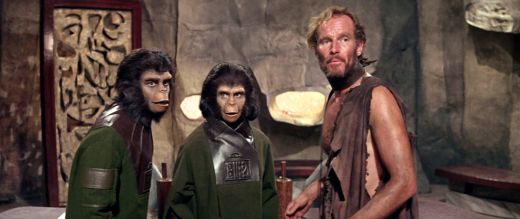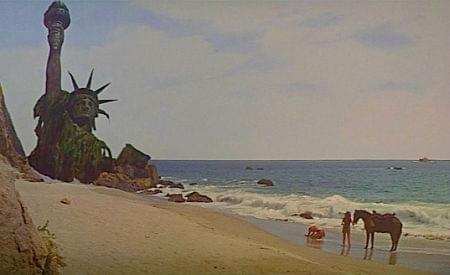What's that? Something about "one month later"? I hear you. I never actually promised consistency, but... see, I was just beginning to fall into a nice little pattern of watching movies when I got home from work. But then an American friend of mine -who shall remain nameless- introduced me to this old, niche NBC show that you most likely won't have heard of but I subsequently binged (am still binging) because baby Brittany Snow is too precious for this world. (And also, in general, it's a really good show that tackles issues like racism and integration, police brutality, women's liberation and politics. But this post isn't about American Dreams. Maybe in the future)
No! Right now we're talking about Mary Poppins, or, more specifically, Disney's recently announced sequel to the 1964 classic. If you know me at all, you'll know that Mary Poppins is one of my favourite movies of all time- it's my go-to film if I'm feeling sad, or sick, or happy, or anything, and it's been one of my favourites for as long as I can remember.
 |
| Comforting as hell tbh |
Fast forward to my adulthood and Disney announce a sequel to Mary Poppins, set 20 years after the original. My initial reaction to this was just sort of, "what??" followed by "why??" and then a few hours of processing. I may as well have set up a google alert with the amount I was searching for new information about the project. And my opinions may well change over the course of its production, but for now I'm mostly baffled by its trajectory and potential?
First things first, if you know me but at all, you'll know that I harbour a deep affection for Julie Andrews. As does the whole world, to at least some extent, but I've watched... most of her movies (they're mostly bad) and, my good friends, even paid to see her live in concert on two separate occasions (tears were shed.) Thus! The idea of someone else filling Mary's boots is a little hard for me to stomach. I assume they're planning to play it off in a James Bond kind of way, with no mention of her sudden facial transformation? That, or have a Doctor Who crossover and reveal Mary Poppins's true Time Lord genetics.
Either way, it's bound to be a little weird. And, allegedly, the bookies' favourites to take over the umbrella and carpet bag are Anne Hathaway, Emily Blunt, Anna Kendrick, or Meryl Streep? First of all, ♫ one of these things is not like the others ♫. So, we need to address the question: Does Mary Poppins age? Because if she ages at a human rate, then none of these actresses are the correct age? However, they can all sing, so that's cool. And- full disclosure; in recent years, growing wary of Disney's penchant for needless remakes, I've thought about this eventuality. And, in fact, came to the conclusion that if Disney had to remake Poppins, I'd want Anne Hathaway to take over the role. Since then, however, I've heard Anne Hathaway's English accent, and, well, that would need help. By a different dialect coach than Dick Van Dyke had, preferably.
 |
| Love you, Bert |
If they're planning the sequel to be a true sequel, that really follows the first movie, then it's going to be somewhat jarring, in terms of the vast difference in quality. The first movie was an experience that wasn't being offered by many other films; the animated sequence was sort of revolutionary. That sort of energy is going to be difficult to recapture for an audience who are used to seeing entire films made of CGI.








